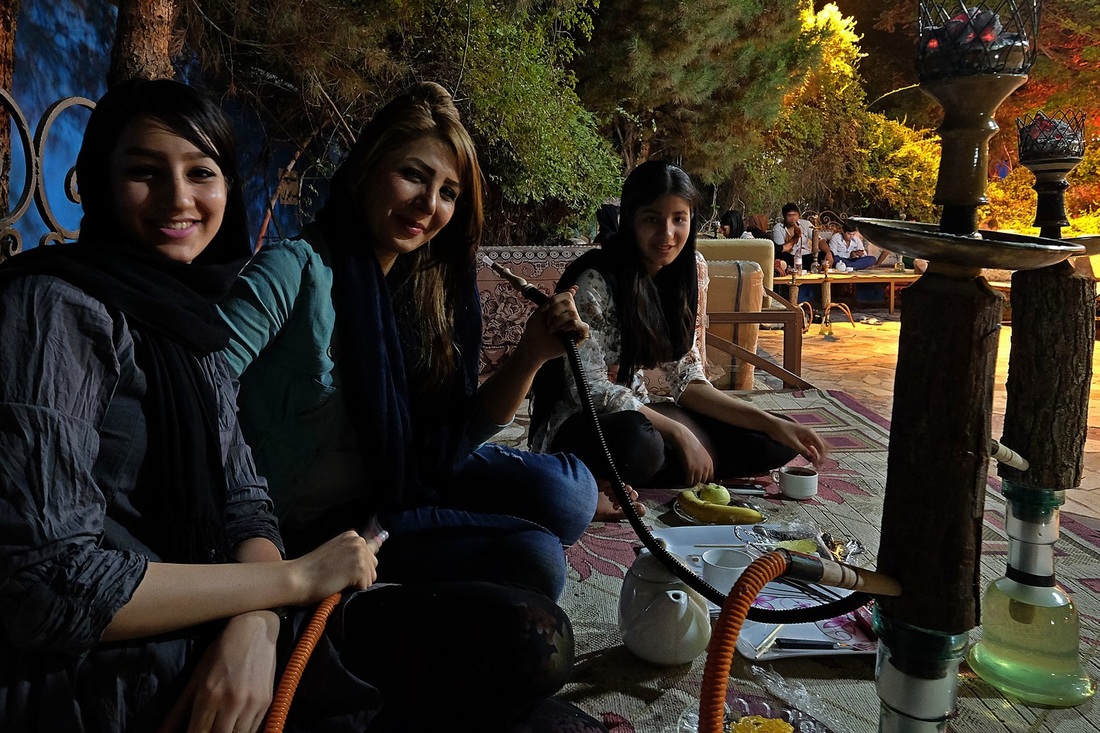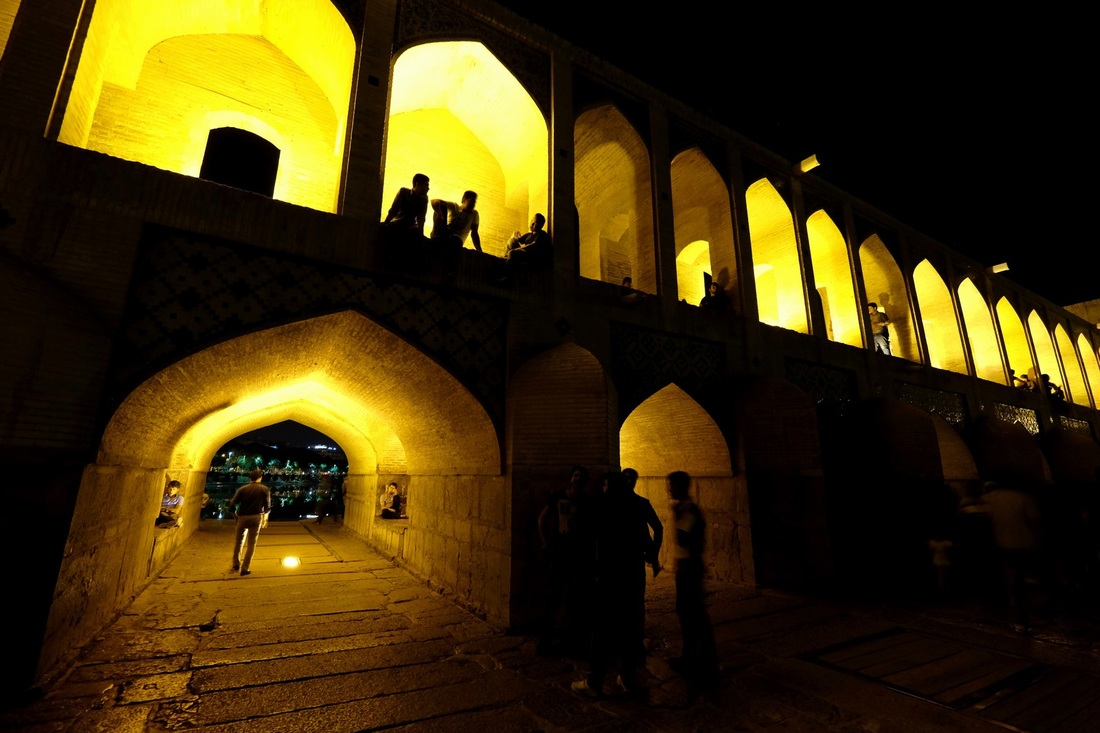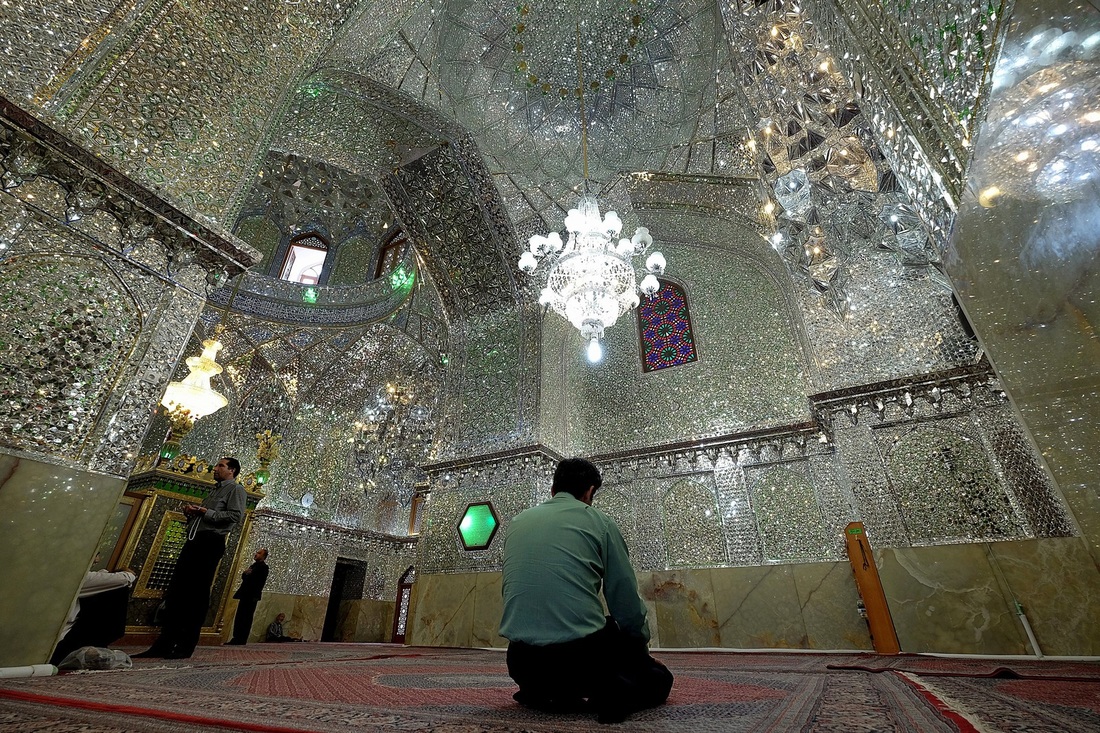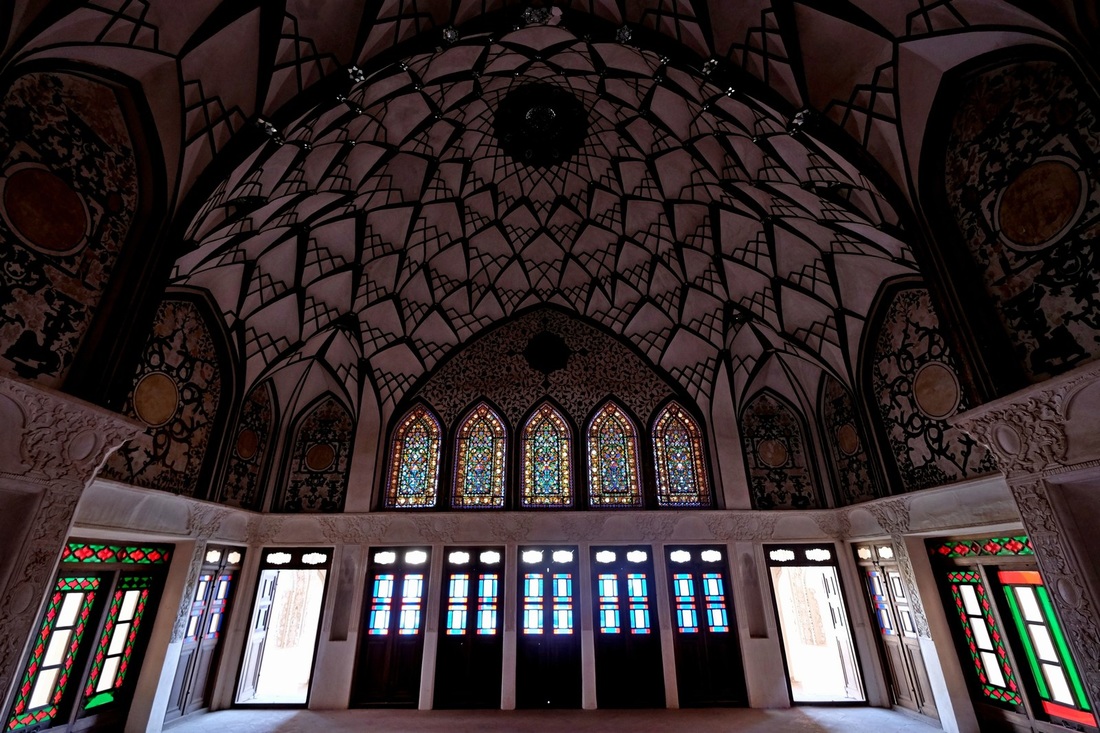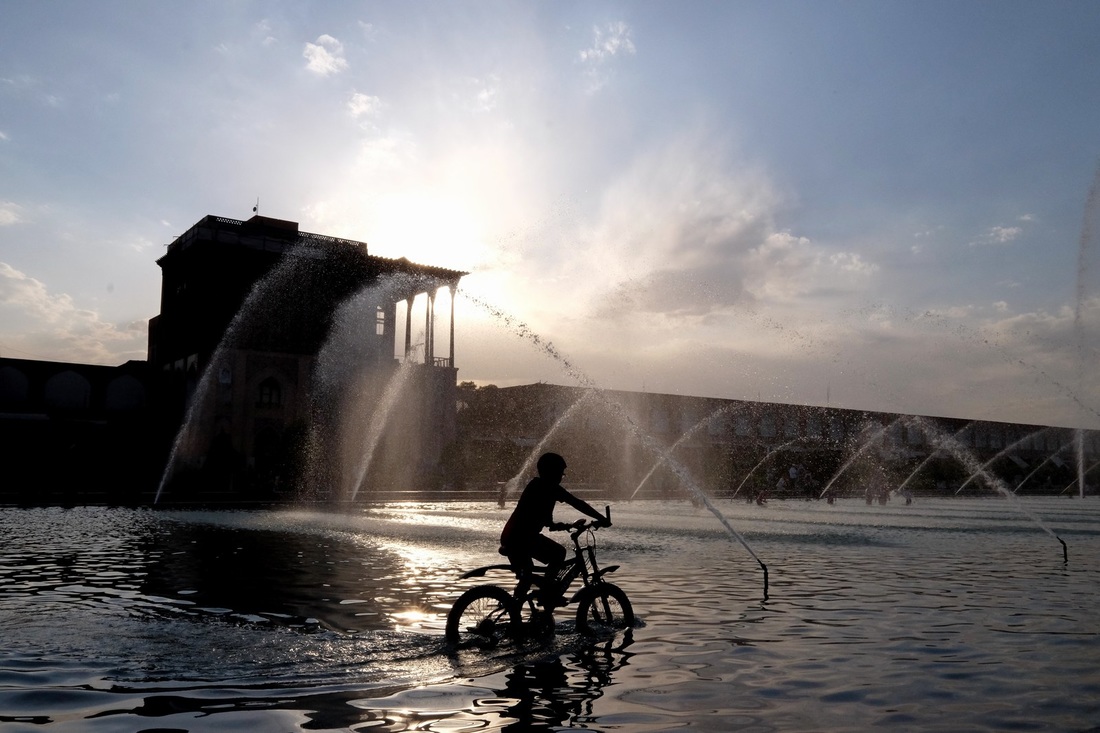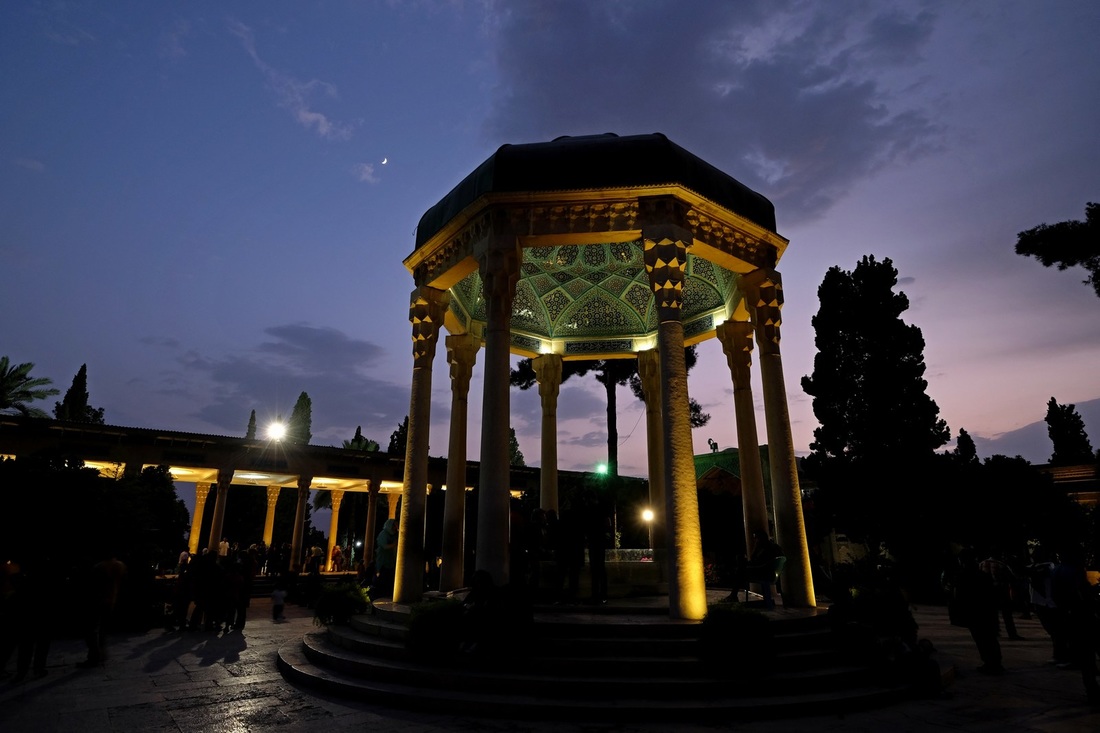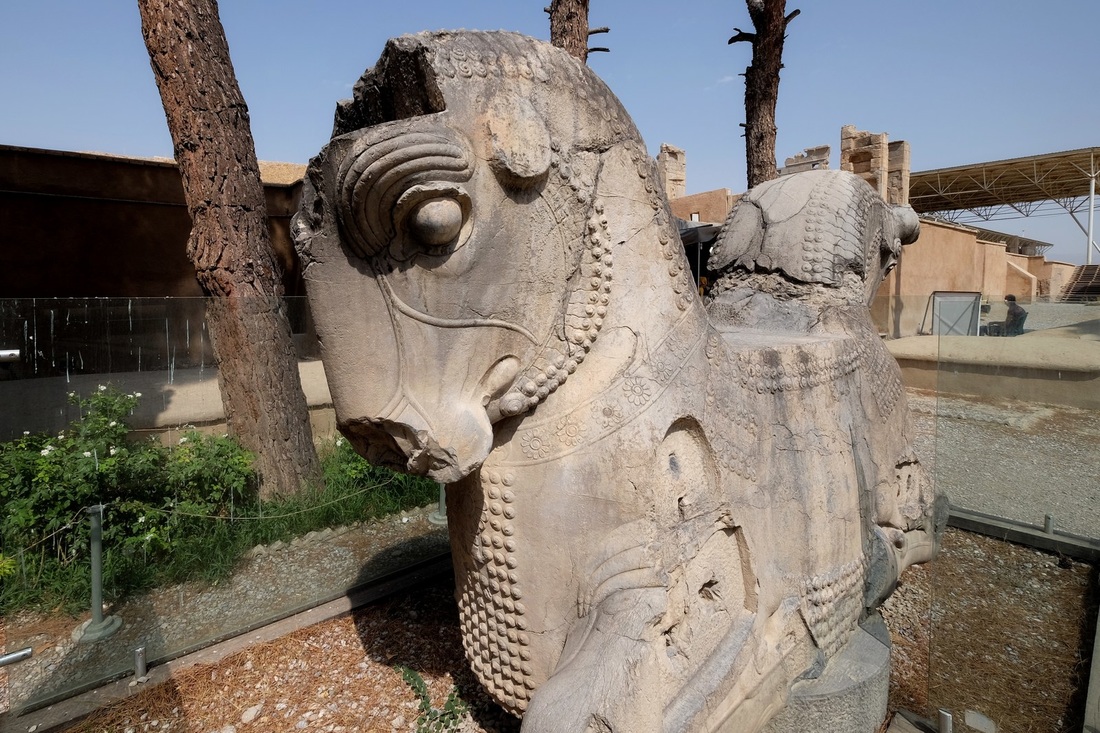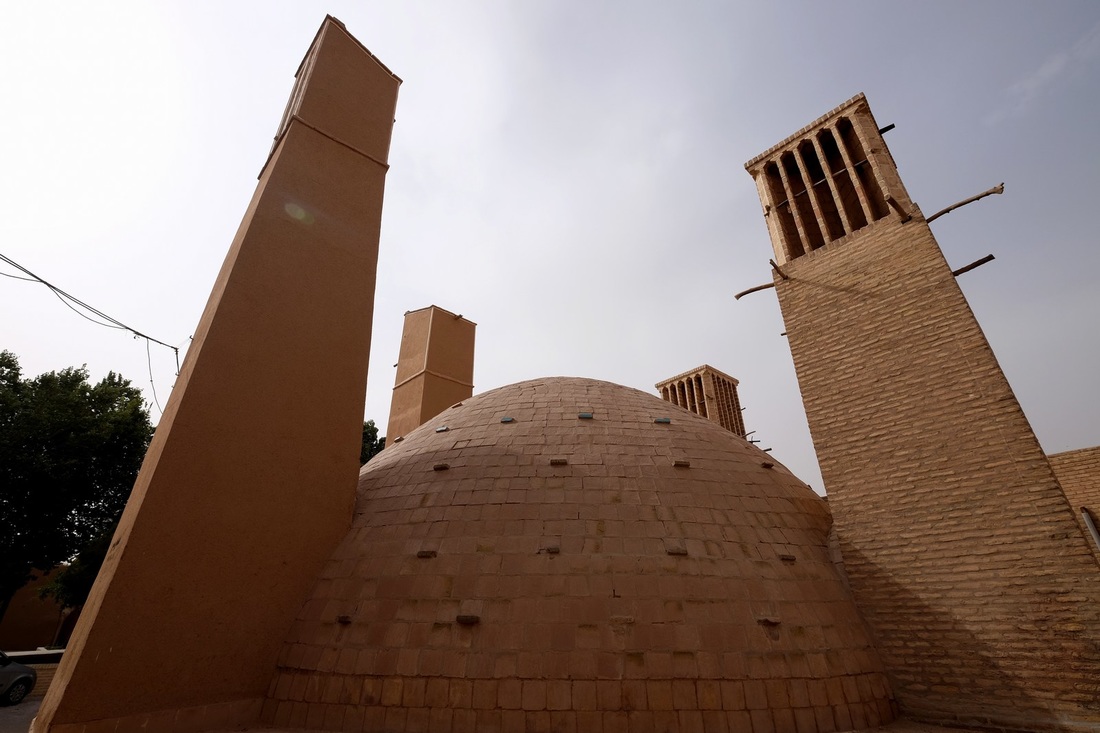Of all the countries I have been to, Iran stands out as the one which is most misrepresented by the media, and hence, quite possibly the most misunderstood and underappreciated country in the world. The truth is that what we see on TV and read on the internet is orchestrated by a very small group of media companies, controlled by an even more exclusive information aristocracy which is mainly aligned to the West and its interests.
As such, 90% of the news we are exposed to on the Middle East is dominated by wars, terrorism and how everyone there is ganging up on Israel. We are led to believe that the region is inherently unsafe, that its people are religious fanatics and their leaders are different reincarnations of Saddam Hussain. Of course, there is some truth to all of this – parts of Iraq and Syria are really too dangerous to visit at present, and the civil and women’s rights track records of many Middle Eastern nations - Iran included - are indeed atrocious. And some of the region’s leaders have been known to say some truly stupid things. Then again, the same could be said of Western leaders.
How often does the media, our window to the world, report on the human aspects of the Middle East? By this I mean what the majority of its people think and how they feel - not just the incendiary remarks of a few extremists. How often do we hear about the region’s incredible historical and cultural heritage? What about the extraordinary challenges these people have to overcome just to lead normal lives? Not very often I’m afraid. And in some cases, not at all.
Taking Iran as an example, after many conversations, it is clear to me that most of its people don’t care about its nuclear programme. They are too preoccupied with making ends meet to worry about how much uranium is being enriched in some faraway facility. The vast majority of Iranians watched helplessly as the Bush-Ahmadinejad version of diplomacy escalated from a verbal exchange into a war of words, then an avalanche of crippling economic sanctions which other nations were bullied into complying with.
80 million Iranians paid the price for the inadequacies and arrogance of a few politicians. With the country’s trade equilibrium thrown out of balance, and a crisis of confidence in its economic standing, the value of Iran’s currency fell by 50%, giving rise to hyperinflation of 30% (or more) and the resultant monetary policy intervention has raised bank interest rates (and therefore loan rates) to over 20% p.a. Infrastructure spending has fallen dramatically because of the collapse in oil revenues. Small businesses have been forced to wind up. Universities are unable to obtain the equipment they need for academic research. The healthcare system is crumbling not just because it faces severe restrictions in importing medical equipment and medicine, but more so because it cannot afford to pay for them.
Have the sanctions been effective in bringing Iran to the nuclear negotiating table? Maybe. But at what humanitarian cost to the Iranian people? Are we saying that millions have to suffer every time there is a disagreement in global politics and foreign policy? Is this what diplomacy has deteriorated into? And if so, is the US Government advocating the oppression of basic human rights such as economic equality, education and access to healthcare? For an even more damning analysis, read this article published in Foreign Policy. http://foreignpolicy.com/2013/10/18/the-human-costs-of-the-iran-sanctions/
That the Iranian people are coping with this onslaught of economic warfare is, frankly, remarkable. And yet they do not condemn the international community who have mostly been coerced into standing firmly by the US, or cajoled into standing aside in apathy. Iranians are aware of this, and instead of the obvious response of resentment and retaliation, they have embraced the Persian culture of hospitality with even greater resolve. Every foreigner I’ve met in Iran, without exception, has an amazing story to tell about how they have been moved by the extraordinary generosity and kindness of the Iranian people.
In my own experience, I have been invited home for meals by total strangers I met on the metro, and taken on a guided tour of Esfahan (thank you Hesam). I’ve been asked to join family gatherings, and had my bus tickets procured and delivered to my hotel, and firmly told not to pay for them (thank you Mary and Foroozan). In another instance, I asked a shopkeeper in the small town of Marivan for directions, and although he spoke no English, he did not hesitate to offer his phone for me to google what I needed. And after I had left, he called his English-speaking friends who gave chase in their car and bundled me into the backseat to bring me home for breakfast (thank you Amir). And there was Mr. Ghasem who tapped me on the shoulder after sitting next to me in silence in the bus for 9 hours and offered to give me a ride to town (a USD10 taxi ride). I could go on about the countless times I have asked for help and received overwhelming responses, or the scores of genuinely concerned people who asked “are you alright, do you need help” every time I look confused walking down the street.
I am fascinated that the concept of Persian politeness is so institutionalised that they even have a term for it – Taa’rof. It is actually quite similar to the Chinese custom of “face-giving”. For example, out of politeness, your friend with even a meagre supply of food will offer you some. You are expected to refuse, despite his insistence, and eventually the “right” outcome is achieved i.e. your friend doesn’t feel bad that he didn’t make the offer and you don’t feel bad for depleting his modest rations. I have watched, with great intrigue, how these formalities are integrated into the everyday lives of Persians – taxi drivers will routinely refuse payment and shopkeepers will “offer” their merchandise for free. Although it’s more of a Persian-to-Persian thing - foreigners are (mostly) mercifully excluded from the potential minefield of receiving and interpreting taa’rof. I suppose some hard lessons were learnt when unwitting outsiders took the offer as good and walked off! The difference with the Chinese face-giving custom? Well, Chinese shopkeepers will never offer you anything for free.
I wrote extensively about the world-class sights which Iran offers – Persepolis, Imam Square and Masjid-e Shah in Esfahan, the ensemble of mansions and gardens in Kashan (the word “paradise” is of Persian origin, meaning walled garden), the fascinating ancient-technology of windcatchers in Yazd and the historical and cultural atmosphere in Shiraz. But that’s not even half of it! Amongst others, I have missed seeing the Alamut Valley and its famous Castles of the Assassins (yes, the stealthy hitman was a Persian creation), Tabriz for the world’s largest covered bazaar, the holy cities of Marshad and Qom, the nomads of the Zagros, the Kurdish regions of Western Iran, the country’s snow-capped mountains in winter and many more.
I have learnt, after three months on the road, that it’s pointless to try to do everything in one go. Surely we should leave ourselves with reasons to return! To those who have yet to make the trip, I can only urge you to do so. The world views Iran through a lens carefully crafted by those who allow us to see what they want us to see. Subscribing blindly to this view is not only an injustice to the Iranian people; it is an injustice to ourselves.
Here’s a photo-summary of my time in Iran:
